Spring 2021
Rando Partnership Council | virtual
The Rando Partnership Council was convened in late spring/early summer 2021; it offered the CUHF experience to a medley of people working on climate issues in a range of institutional, government, non-profit and private settings, and who had expressed interest in the process. Participants include faculty and staff at Clark University, University of Arizona, Humboldt State University, Georgia State University, Boston College, University of Maine, University of Michigan and Kapi’olani Community College, and Post Carbon Institute, US Fish and Wildlife Service, and Portola Valley Presbyterian Church.
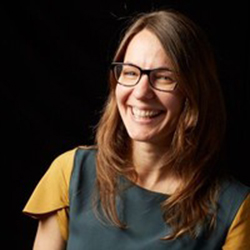
Jane Androski, designer, educator
Jane Androski is a designer and brand strategist based in Providence RI. As co-principal of the studio Design Agency, she has spent the past 10 years collaborating with non-profit and educational institutions to elevate issues from food system enterprise, to cultural heritage, to prison reform. She has a background in teaching and community youth arts engagement. Prior to graduate school at the Rhode Island School of Design, Jane served as Assistant Director of the Difficult Dialogues initiative at Clark University, her alma mater. She is currently Communications Consultant to the Council on the Uncertain Human Future.
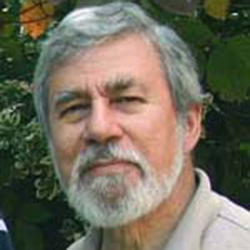
Les Blatt, professor emeritus of physics and education
Les Blatt’s research areas include experimental low-energy nuclear physics, astrophysics and curriculum development and modern pedagogy in the sciences. Along the way, he created and offered a variety of courses investigating the links between the sciences and other academic and cultural areas, including art, music, and, inevitably, energy and the environment. He taught at Ohio State, and then moved to Clark University, as a physics professor and dean of graduate studies and research. He still gives presentations in these areas, and teach short courses at Assumption University’s WISE Program (Worcester Institute for Senior Education).
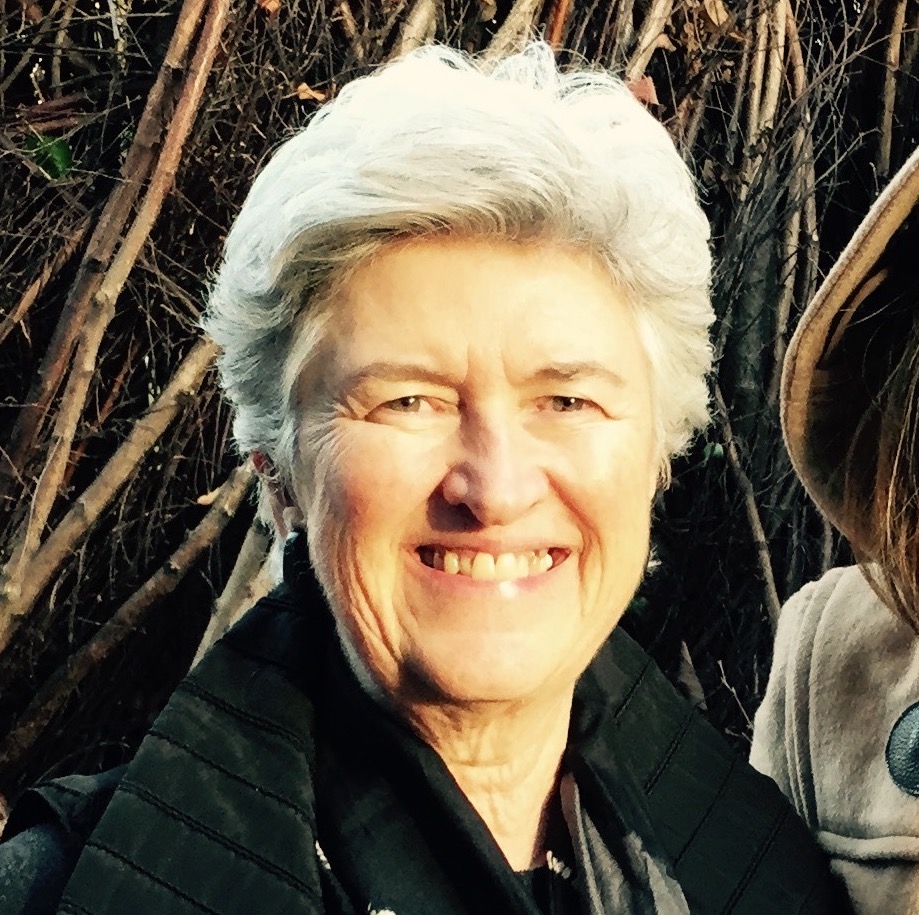
Sarah Buie, designer and educator, CUHF Council convener
Sarah Buie is a designer / educator who encourages dialogic awareness within higher education and in relationship to climate change. She is Founding Convener of the Council on the Uncertain Human Future, and A new Earth conversation, a campus-wide climate initiative at Clark University. She is Professor Emerita and Research Scholar At Clark; in her tenure as Director of the Higgins School of Humanities and its Difficult Dialogues initiative, major grants from the Ford Foundation, Mellon Foundation and Kaiser Family Foundation were awarded. As an award-winning museum exhibition designer, she designed more than 100 exhibitions for art, natural history and history museums.
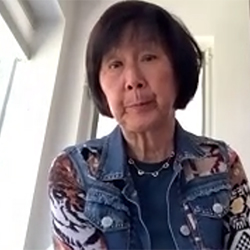
Alice Chiang, software engineer
Alice Chiang is a retired software engineer from IBM, working to make software products and websites easier to use. She has a BA in history from Wellesley College, a MA in Education from Harvard and a Ph.D. in Educational Psychology from City University of New York. She currently web design at the UCSC Extension. As a 1990 Institute board member, she works on programs that help children, girls and women in Shaanxi province; she has coordinated the education support of 100 girls in Shaanxi by her church, Valley Presbyterian Church in Portola Valley, CA.
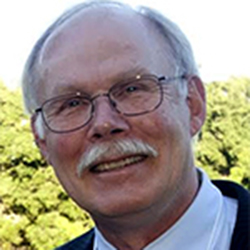
Craig Cornelius, teaching and research / nature, science and technology
Craig Cornelius grew up on a farm in Iowa and has always been interested in nature, science, and technology. He earned his B.A. from Luther College and a Ph.D. in Chemistry and Masters in Computer Science from Stanford University. Now living in Menlo Park, CA, Craig’s career has spanned college teaching, university research in artificial intelligence, industry R&D in medical imaging, and research in medical education. His current work at Google supports the writing systems of the world, including his special interests in helping indigenous communities find their voices on the internet and working with UNESCO’s upcoming Decade of Indigenous Languages.
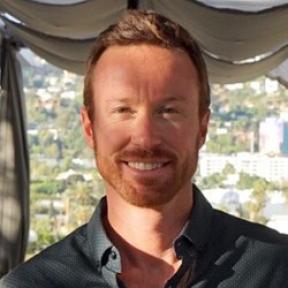
Kevin Gallagher, author, attorney, facilitator, CUHF Council convener
Kevin Gallagher (JD/MA) is an attorney, author, and facilitator. He is the Director of Emergent Resilience, a 501(c)(3) non-profit organization that helps government agencies, private organizations, academic institutions, and individuals build resilience for a climate changing world. Kevin previously worked as a climate change law and policy attorney in Washington, D.C. and as a Peace Fellow with the Public International Law & Policy Group, where he advised state and sub-state entities in post conflict areas on international peace building issues. He has a Masters degree in International Affairs and has trained with the Sati Center for Buddhist Studies, the Center for Council, and the School of Lost Borders. He is the author of Hike The World, a guide book to the planet’s best long-distance hiking trails, and the forthcoming Emergent Resilience, an exploration of the psychosocial dimensions of a climate changed world.
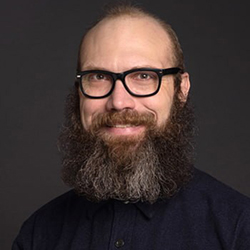
Yonder Moynihan Gillihan, professor of theology
Yonder Gillihan is Associate Professor of Second Temple Judaism and Christian origins in the Theology Department at Boston College, where he is also President of the AAUP chapter. He has also taught at Yale Divinity School and Dartmouth College. His teaching and research focus on ancient Jewish, Christian, and philosophical communities in two complementary ways: by investigating why and how voluntary communities formed and how they sustained their purpose and identity; and by investigating how ancient communities applied their interpretations of Scripture and tradition to several imperial, existential crises that arose during the Second Temple Period (c. 520 BCE – 70 CE).
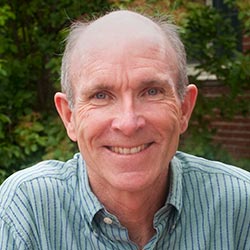
David Hart, sustainability science
“Ever since I became embroiled at the age of 17 in a controversial project regarding the environmental and economic future of a northern California watershed, he’s been on a (Sisyphean?) quest to connect science with other ways of knowing that will guide us to a sustainable future.” David Hart came to the University of Maine 15 years ago to explore how universities can become more useful societal partners in these endeavors, which led to the creation of the Senator George J. Mitchell Center for Sustainability Solutions. This work has emphasized stakeholder-engaged, interdisciplinary collaborations involving nearly 900 faculty and students spanning 17 New England universities, and has benefited greatly from a commitment to learning by doing.
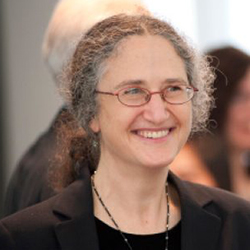
Megan Holmes, art historian and educator
Megan Holmes is an art historian at the University of Michigan, specializing in late medieval and early modern Italy. She is interested in social history, popular religious culture, and material culture, with two books, Fra Filippo Lippi the Carmelite Painter and The Miraculous Image in Renaissance Florence. In her teaching she emphasizes experiential learning and community building, and has recently become involved in the University of Michigan Prison Creative Arts Program.
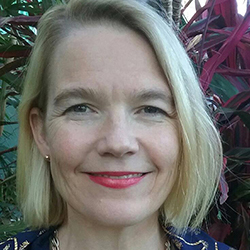
Krista Hiser, professor of writing, sustainability curriculum
Krista Hiser is a professor of writing at Kapiʻolani Community College in Honolulu, Hawaii. Her Ph.D. in Educational Administration focused on students as stakeholders in curriculum related to sustainability, and she works closely with national networks including Sustainability Curriculum Consortium, AASHE, and the Global Council for Science and the Environment. Her Medium.com blog, Teaching Climate Change in Higher Education, highlights the critical role of faculty in teaching to these times.
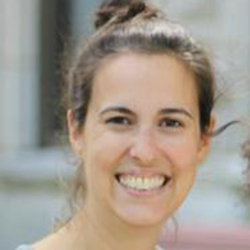
Nastasia Lawton-Sticklor, education and climate justice
Nastasia Lawton-Sticklor is a climate justice activist and a researcher at the Hiatt Center for Urban Education at Clark University. Her work focuses on cultivating multi-generational spaces of inquiry that uplift the voices and knowledges of young people in building movements for social change. She is also an exhibiting photographer and a mom of two young children.
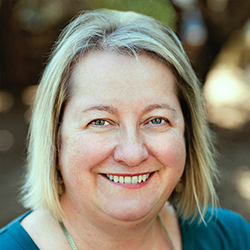
Diana Liverman, human dimensions of global environmental change
Diana Liverman is Regents Professor in the School of Geography, Development and Environment at the University of Arizona. Her work addresses the causes, consequences, and responses to climate change, especially climate vulnerability and climate justice, adaptation, governance, the role of the arts, and the links between climate, sustainable development, and food security. She was a lead author for the Intergovernmental Panel on Climate Change (IPCC) Special Report on 1.5°C.
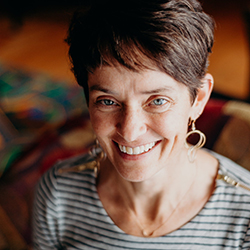
Laura McKee, clinical psychology
Laura McKee is Associate Professor of Psychology at Georgia State University, where her research focuses on designing and testing interventions to support wellness and mitigate suffering in diverse youth and their families. Her published work has highlighted mindful parenting, emotion socialization, and cognitive biases as they relate to health and psychopathology. In a current project, she is using a dialogic approach to inquire into how parents, educators, and practitioners can support youth to create a happier, healthier future for themselves and their communities.
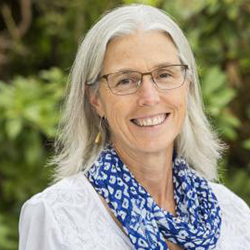
Jacqueline Mayrand, psychotherapist
Jacqueline Mayrand is a psychotherapist (LMFT) who specializes in somatic therapy and the treatment of trauma. She is clinical coordinator and staff clinician at the Counseling and Psychological Services clinic at Humboldt State University in Arcata, California. Jacqueline is originally from Montreal, Quebec. She also speaks French and Spanish.
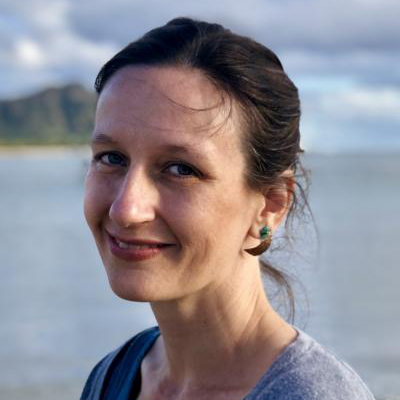
Wendy Miles, climate adaptation and conservation practitioner + political ecologist
Dr. Wendy Miles’s work focuses on the human dimensions of climate change and how public programs can be improved to support communities and ecosystems through the changes of the 21st century. She is experienced in community-led conservation and adaptation planning, climate change program and policy evaluation, and the provision of targeted climate science decision support to communities and governments. Wendy serves as the Science Collaboration Coordinator for the US Fish and Wildlife Service’s Science Applications program in the Pacific Islands.
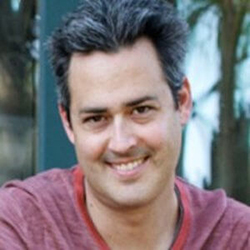
Asher Miller, leader climate resilience
Asher Miller is the Executive Director of Post Carbon Institute, a nonprofit think tank providing individuals and communities with the resources needed to understand and respond to the interrelated ecological, economic, energy, and equity crises of the 21st century. https://www.postcarbon.org Prior to joining Post Carbon Institute, he founded Climate Changers, an organization that inspired people to reduce their impact on the climate by focusing on simple and achievable actions anyone can take. Asher has worked in the nonprofit sector since 1996 in various capacities, and served as a consultant to a number of other nonprofit organizations. He currently serves on the Climate Action Advisory Board for the City of Corvallis, Oregon, where he lives with his wife and two children. Asher received his B.A. in Creative Writing from The Colorado College.
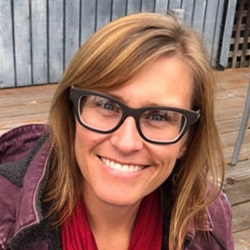
Sarah Jaquette Ray, environmental studies
Sarah Jaquette Ray has been Program Leader of the Environmental Studies Program at Humboldt State University since 2013. Her first book, The Ecological Other: Environmental Exclusion in American Culture (University of Arizona, 2013) explores the ways that environmental discourse often reinforces existing social hierarchies, drawing on a legacy of nativist, racial, and ableist exclusion in environmental history. Her second book, A Field Guide to Climate Change: How to Keep Your Cool on a Warming Planet (California, 2020) is an existential toolkit for the climate generation. She received her PhD in Environmental Sciences, Studies, and Policy, with a focal department of English, at the University of Oregon in 2009, and holds a BA in Religious Studies (Swarthmore College) and a MA in American Studies (UT-Austin).
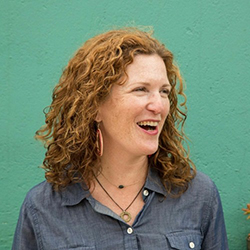
Jenny Warner, pastor
Jenny Warner is a curator of sacred space (commonly called a pastor), a writer and an artist, a strategist, a listener and world adventurer. In college she studied intercultural studies and psychology, and worked in post-Communist Europe in the 1990’s to train others in cross-cultural transitions. This experience sparked a sensitivity to the many other transitions life’s intersections bring. She received her MDiv from San Francisco Theological Seminary. In a pastoring gig that combined spirituality with social justice, she served the First Presbyterian Church of Bend as Pastor for Justice, Spirituality and Community starting in 2011. In September 2017, she became Senior Pastor of another amazing church, Valley Presbyterian, in Portola Valley, California.
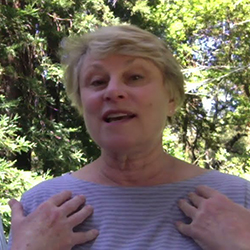
Anita Wotiz, engineer
Anita Wotiz resides in the San Francisco Bay Area and worked in the software industry for 32 years in both technical and management roles; her last position was as Vice President of Engineering at a provider of collaborative e-business applications. Her board service includes the Vesper Society (serving overlooked communities to create a healthy future) and the Bill Wilson Center (serving at-risk youth with the goal of ending youth and family poverty); both opportunities align with her desire to help the underserved and marginalized, a passion that carries into her work as an Elder with Valley Presbyterian Church, Portola Valley.

